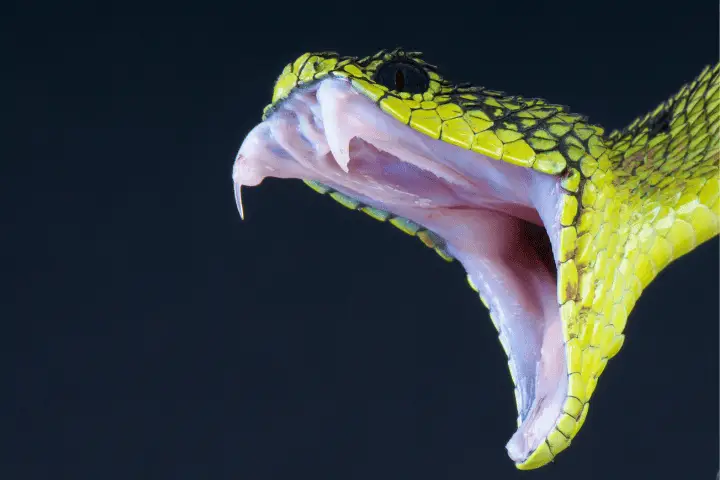Can Snakes Get Rabies
Can snakes get rabies?
The answer is no!
Unlike mammals, snakes are immune to the virus.
Rabies is spread through saliva, but snakes don’t have the nerve receptors to attach and replicate the virus.
Plus, their body temperature is too low for rabies to survive.
So, snakes are safe from rabies.
However, they can still carry other diseases. Salmonella is a common bacteria found in reptiles, which can cause illness.
Understanding Rabies
Unlike mammals, these slithering creatures can’t contract the virus due to their unique biology and immune system.
Rabies is mostly passed on via bites or scratches from an infected animal’s saliva. Bats, too, can transmit the disease without biting, as they can lick and contaminate surfaces.
Snakes are great for controlling rodent populations. Plus, their venom contains powerful enzymes that break down proteins and kill bacteria.
And their immune system helps them resist various pathogens.
Pro Tip: Be careful around snakes! They may not have rabies, but some species are venomous.
It’s best to appreciate these fascinating reptiles from a distance.
Don’t provoke or handle them unless you know what you’re doing.
Can Snakes Get Rabies?
Unlike dogs and bats, snakes can’t contract or spread the virus. This is because their blood cells don’t let the virus in.
Also, snakes don’t have the receptors the virus needs to attach and replicate.
However, snakes can still transmit other diseases to humans. So, it’s important to be careful and not touch wild snakes or go near them without a reason.
Factors That Make Snakes Unlikely to Get Rabies
Snakes: not likely to carry rabies. Several factors contribute to this.
Firstly, their immune response is different to mammals.
Secondly, being ectothermic, their lower body temperature makes it harder for the virus to survive.
Thirdly, they’re usually solitary, so don’t interact with other species that may have rabies.
Fourthly, their saliva structure and composition make it hard for the virus to spread.
Myth vs. Reality: Snakes and Rabies
Snakes can’t get rabies because their physiology prevents the virus from working. Snakes have lower body temps which stop the virus from replicating.
Plus, they don’t have the right receptors in their nerve cells for the virus to spread. So, no rabies!
But, snakes can still hurt you if they bite. Snakebites can cause serious injury and need medical attention. If you encounter a snake, be safe and get help right away.
To lower your risk of being bitten, be careful when walking through dense vegetation. Wear protective clothing like boots and long pants.
And remember, if you see a snake foaming at the mouth, it’s probably just practicing its stand-up comedy routine!
Precautionary Measures
Precaution is key when it comes to dealing with potential risks – especially with snakes and rabies. Make sure to not handle snakes if you have no training.
Keep your surroundings clean and free from snake-friendly habitats. If you do spot a snake, stay away and don’t provoke it.
Not all snakes carry rabies, but it’s still best to stay alert. Understand the species of snakes in your area – this’ll give you insight into their behaviour.
If you do find a snake, don’t panic or make sudden movements. Stay calm and back away slowly.
Conclusion
No rabies for snakes! They can’t get it, lacking the necessary receptors.
However, they can still carry diseases that can be bad news for us humans. It’s important to take care when handling snakes and be mindful of potential risks.
It’s worth noting that while snakes may not get rabies, they can still harbor pathogens that can be dangerous. One such pathogen is salmonella. This can be found in a snake’s digestive tract.
Salmonella can make people sick, especially young children and those with weakened immune systems. So, make sure to wash hands after contact with snakes.
To reduce the risk of disease transmission, here are a few tips:
- Handle snakes with care and wear protective equipment like gloves. This prevents contact with harmful bacteria or substances on the snake’s skin or in its saliva.
- Clean and disinfect snake enclosures and equipment regularly. This lowers the chances of passing pathogens to humans.
Finally, don’t get a venomous snake as a pet unless you have knowledge and experience in handling them safely.
Venomous snakes possess an extra danger due to their venomous bites, which require immediate medical attention if inflicted on a human.

